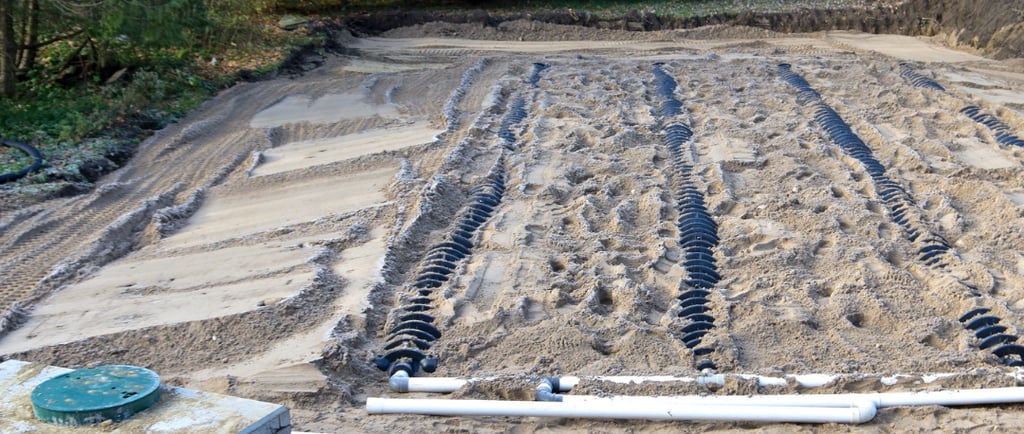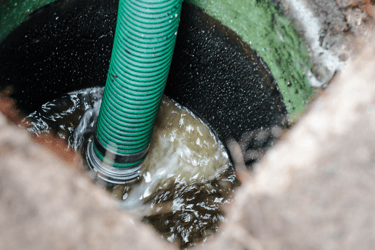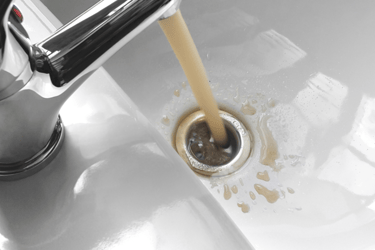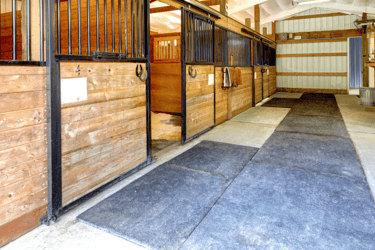First-Time Homebuyer – Rural Inspections
So, it’s your first time buying a rural property? Here is a quick guide to help you through the homebuying process, and what to expect during a Rural Home Inspection.


So, it’s your first time buying a rural property? Here is a quick guide to help you through the homebuying process, and what to expect during a Rural Home Inspection.
Special Requirements
Rural Homes will likely have different requirements than what you are used to. The biggest difference between a rural property and a typical city-center property is the way that utilities are delivered. Most rural properties are not on municipal water and waste removal, therefore there are additional components that will need to be inspected in addition to the home which is what is included in a standard home inspection.
If your property has other buildings on it, such as barns or shops, those should be inspected as well.
Septic vs. Holding Tank
Most rural properties have either a septic tank and field or a holding tank for waste removal. If you are not familiar with either, don’t worry, it’s not as complicated as you may think!
Septic Tank & Field: A septic system consists of two main components: the septic tank and the drain field. The septic tank is an underground container where household wastewater flows. Inside the tank, solid waste settles to the bottom, while liquid waste remains in the middle. Bacteria breaks down the waste, and the treated liquid exits the tank into the drain field. The drain field disperses the wastewater into the soil, where natural processes further purify it.
Holding Tank: A holding tank is exactly as it sounds. It is a large underground container that holds all household waste. The tank must be emptied as it fills up.
Waste Management System Maintenance
Holding Tanks: Maintaining a holding tank is relatively easy, check the waste levels every so often and have it emptied as needed. You should have the tank inspected every five years or so to check for deterioration.
Septic Tank & Field: With a septic tank and field, you will want to have it emptied and inspected every 3-5 years based on usage. It is important to check your levels every so often, but if it is functioning properly, it should not need to be emptied more than that.
Well Water
Most rural homes use well water rather than having municipal water hookups. It is important to frequently check the water to ensure it is safe to drink. Water composition can change over time. The Manitoba Government recommends having water tested at least once a year.
Water composition can change for a number of reasons.
Seasonal Variations: Different seasons may affect water quality. For instance, heavy rains can lead to runoff and contamination.
Land Use Changes: Urban development, agriculture, or industrial activities can impact nearby water sources.
Infrastructure Aging: Aging pipes or wells can introduce contaminants.
Learn more about well water and check out recommendations from the Manitoba Government here: https://www.gov.mb.ca/health/publichealth/factsheets/how_test.pdf
Well Water Tests
There are typically two different water tests to choose from, basic or comprehensive.
Basic: A basic water quality test includes Coliform & E.coli.
Coliform: a group of bacteria that includes 18 different species. While non-fecal coliforms are generally harmless, their presence hints at possible environmental contamination. Fecal coliforms, however, can be a serious health hazard.
E.coli: is a type of fecal coliform. The presence of E.coli is an extreme health hazard. It can cause disease, leading to symptoms such as cramps, fever, and diarrhea.
Comprehensive: A Comprehensive water quality test includes (Coliform & E.coli.) Calcium, Magnesium, Sodium, Potassium, Manganese, Zinc, Iron, Nitrogen-Nitrates, Nitrogen-Nitrites, Chloride, Sulfate, pH, Hardness & Conductivity.
Calcium: Measures the concentration of calcium ions in the water. High calcium levels can lead to scale buildup.
Magnesium: Indicates the presence of magnesium ions. Magnesium affects water hardness and taste.
Sodium: Measures sodium content. High sodium levels may impact health and taste.
Potassium: Detects potassium ions. Potassium is essential for plant growth and human health.
Manganese: Indicates manganese levels. Excessive manganese can cause staining and affect taste.
Zinc: Measures zinc concentration. Elevated zinc may result from corrosion or pollution.
Iron: Detects iron content. High iron levels can lead to rust-coloured water and stains.
Nitrogen-Nitrates & Nitrogen-Nitrites: Measures nitrate & nitrites levels. Nitrates come from fertilizers and can affect health. Nitrites can be harmful and are often associated with contamination.
Chloride: Measures chloride ions. High chloride levels may impact taste and corrosion.
Sulfate: Detects sulfate content. Sulfates affect taste and can cause laxative effects.
We recommend having a comprehensive well water test completed before purchasing a property to ensure you understand the makeup of your water, and what to expect from it. You may want to consider things such as a water softener if your water is extra hard.
Out-Buildings
An inspection helps evaluate the condition of outbuildings such as barns, sheds, or garages. It ensures that they are structurally sound, free from safety hazards, and suitable for their intended use. Outbuildings may have hidden issues like rot, pest infestations, or structural damage. An inspection reveals these problems early, allowing you to address them before they escalate.
Additionally, if you plan to use outbuildings for specific purposes (e.g., storage, workshops, or livestock), an inspection helps determine their suitability.
In conclusion, buying a rural property can be an exciting venture with its unique charm and requirements. Understanding the special considerations such as utilities and out-buildings is crucial for a smooth home-buying process. A thorough rural home inspection, including inspections of all buildings, septic systems, and water testing, ensures that you are aware of any potential issues and can make informed decisions. It's vital to choose an inspector who specializes in rural inspections and provides all the services you require, ensuring a comprehensive assessment of the property. By following this quick guide and working with experienced professionals, you can navigate the rural home-buying process with confidence and peace of mind.
Remember, before you buy, Just CALL Joe
Joe: (204) 384-8171
Julia: (204) 384-6044





